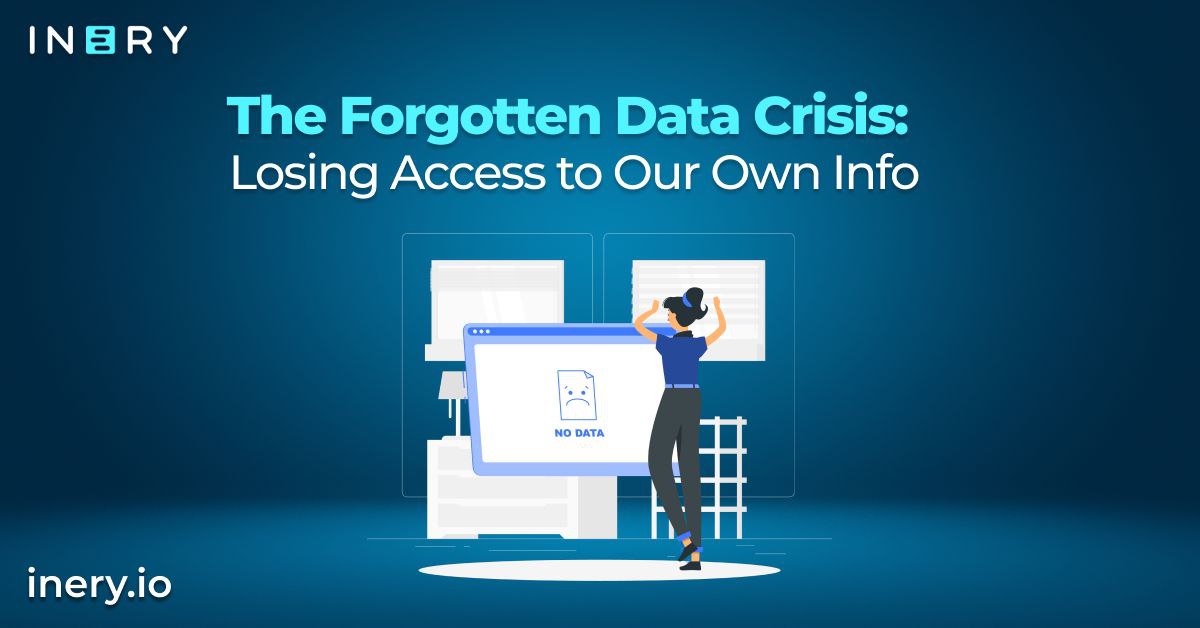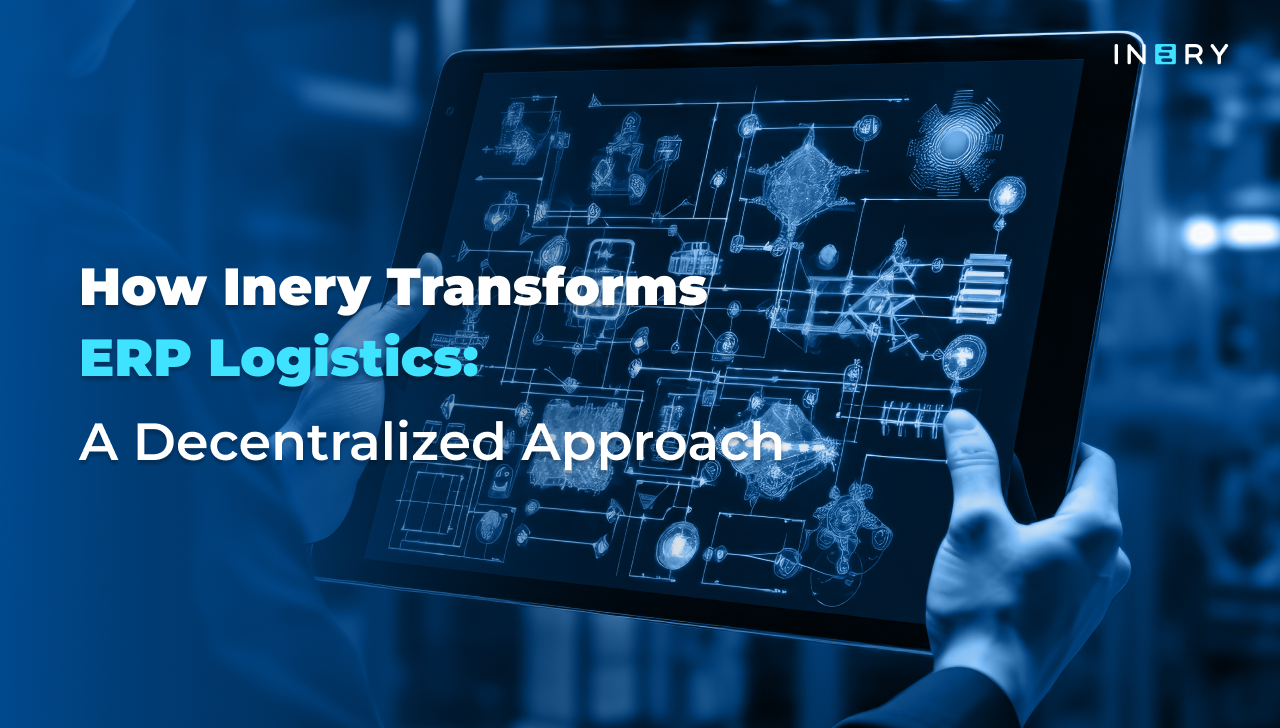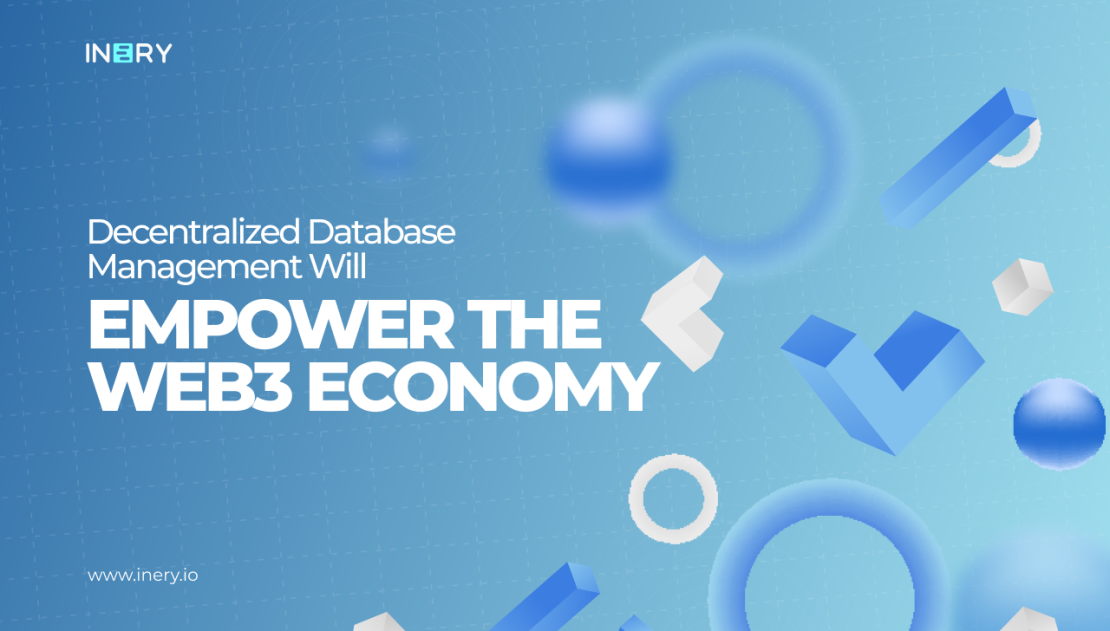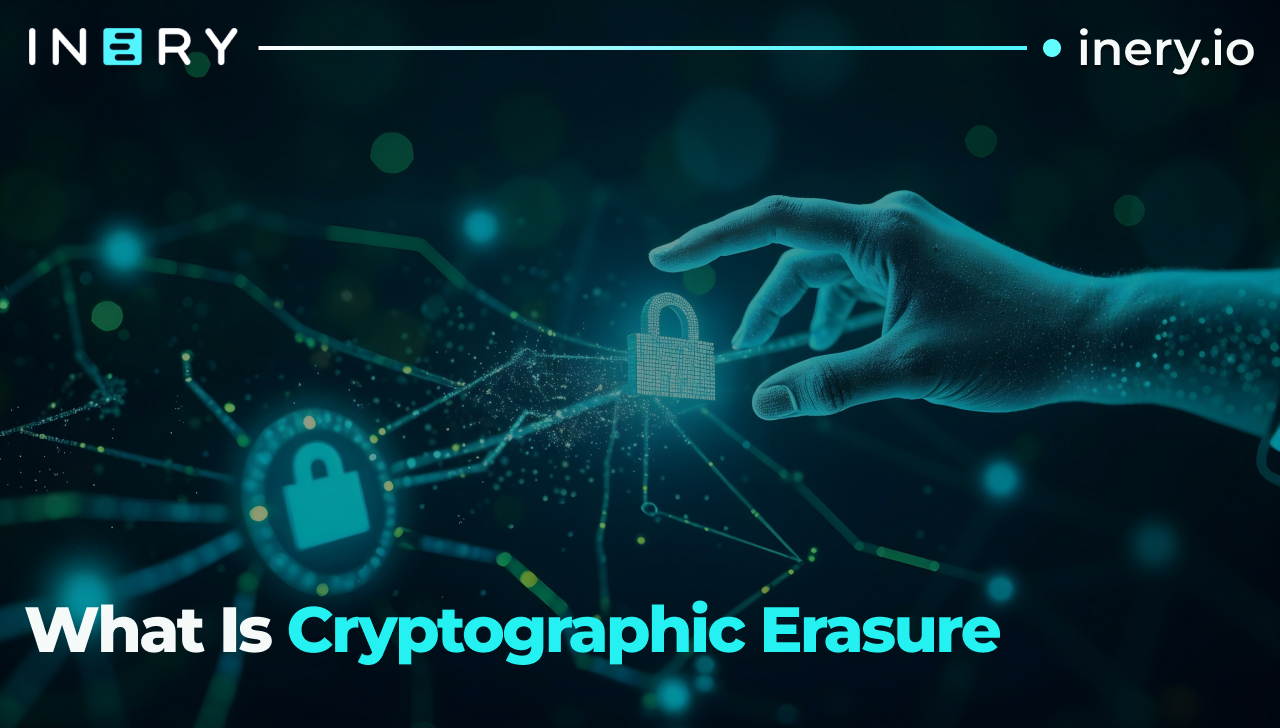Imagine a grand gala in the world of data management, a dazzling spectacle where databases, clad in their finest encryption, waltz gracefully, surrounded by seemingly impenetrable digital fortifications. Yet, beneath the glitz and glamour, a subtle unease lingers in the air, an unsettling notion that all is not as secure as it appears. The spotlight falls on a single, inconspicuous thread that threatens to unravel the magnificent tapestry—centralized databases.
What if we were to reveal that within these bastions of information, a cryptic vulnerability lies concealed?
Our journey is an exposé, a journey into the heart of centralized and decentralized databases, a quest to unveil the covert susceptibilities that dwell within. Prepare yourself for an expedition into the enigmatic realm of single points of failure and the strategies to fortify your data kingdom against the lurking shadows.
The Allure of Centralized Databases
In the vast and ever-evolving landscape of data management, centralized databases have long been regarded as superheroes, providing a unified fortress for the storage of invaluable information—all under one roof. Yet, as any aficionado of superhero sagas will attest, even the mightiest protectors possess their own Achilles' heel.
Centralized databases, as the name suggests, store data in a single, central location. They offer several advantages, such as streamlined data management, simplified backup procedures, and easier access control. These databases are often used by businesses, government agencies, and even social media platforms to handle massive amounts of data efficiently.
In a centralized system, data is easily searchable and can be quickly retrieved. This structure provides a sense of order and simplicity that can be appealing, especially for large organizations dealing with vast data sets.
Centralized databases provide a hub for all data-related operations. They offer a unified platform where organizations can store, manage, and retrieve data efficiently. This centralized approach simplifies data management by consolidating information in one location, making it easier to establish data governance policies and maintain a consistent data structure.
Another advantage of centralized databases is their simplified backup and recovery processes. Data backup is concentrated in one location, reducing the complexity of maintaining multiple backup solutions. This, in turn, can save time and resources for organizations that rely on data integrity.
Access control and user management are also more straightforward in centralized databases. Administrators can enforce security policies, access rights, and data permissions more efficiently when dealing with a single database. This enhanced control contributes to data security and compliance with data protection regulations.
The Achilles' Heel: Single Points of Failure
The Achilles' heel of centralized databases is their vulnerability to single points of failure. A single point of failure is a component in a system whose failure can result in the entire system's downfall. In the context of centralized databases, it often refers to the central server that stores all the data.
When the central server experiences issues, such as hardware failure, software glitches, or cyberattacks, the consequences can be catastrophic. Downtime can lead to productivity loss, financial damage, and even loss of trust among users and customers. For instance, a centralized database outage at a major e-commerce platform could lead to thousands of unprocessed transactions and potentially millions in losses.
Additionally, the reliance on a single central server makes disaster recovery and backup procedures even more critical. Organizations need effective backup systems and redundancy measures to mitigate the impact of such failures. Proper data backup and disaster recovery planning can mean the difference between a temporary setback and a long-lasting business disruption. In today's interconnected and data-dependent world, addressing this Achilles' heel is essential for safeguarding business continuity and preserving trust with stakeholders.
Risks and Consequences
- Data Loss: A single point of failure increases the risk of data loss. A hardware failure or data corruption could lead to irretrievable data loss without proper backup mechanisms. This could include critical customer information, financial records, or intellectual property.
- Downtime: The downtime caused by a single point of failure can be costly. For businesses, every minute of downtime can translate to revenue loss and damage to the brand's reputation.
- Security Vulnerabilities: A centralized database is a prime target for cyberattacks. A successful breach could expose sensitive information to malicious actors. Since all data is stored in one place, a breach can have far-reaching consequences.
- Scalability Issues: As organizations grow, centralized databases may struggle to handle increased data loads. Scaling a centralized system can be complex and costly, making it difficult to keep up with the ever-expanding data requirements.
- Regulatory Compliance: Another significant concern related to centralized databases is ensuring compliance with data protection regulations. Storing all critical data in one location increases the risk of inadvertently violating data privacy laws, potentially resulting in legal penalties and reputation damage for the organization. It's crucial to stay vigilant and ensure that your data management practices align with the evolving landscape of data protection regulations.
The Shift Towards Decentralization
To mitigate the risks associated with single points of failure, many organizations are exploring decentralized solutions.
In the realm of data security and reliability, a noticeable shift is taking place. Organizations are increasingly exploring solutions that reduce risks and enhance dependability. One of the prominent directions this movement takes is towards decentralized solutions, which subtly spread data across various nodes, significantly lowering the chances of a devastating failure. Notably, blockchain technology, famously associated with cryptocurrencies like Bitcoin, champions the cause of decentralized databases.
Blockchain's ledger system subtly advocates for data integrity and security through a unique consensus mechanism. Its applications extend well beyond cryptocurrencies, fitting seamlessly into use cases like supply chain management, voting systems, and healthcare records. Decentralization orchestrates a transformation, shifting away from sole central authorities to a network of distributed nodes. Within this network, each node discreetly maintains a full database copy, ensuring redundancy and fault tolerance. This inherent design eliminates the vulnerability of a single point of failure, contributing to a more robust and reliable system.
Conclusion
Centralized databases, while convenient, come with significant vulnerabilities. The risk of a single point of failure can lead to data loss, downtime, security breaches, and scalability issues. As the digital landscape evolves, organizations must carefully consider the trade-offs between centralization and decentralization regarding data storage.
Unmasking these vulnerabilities is the first step in safeguarding the data that has become the lifeblood of the modern world. Organizations need to balance the allure of centralized databases with the need for data resilience and security. As we continue to rely on data as the new gold, addressing single points of failure is essential for maintaining the integrity and availability of this precious resource.
By pioneering the shift towards decentralization, Inery offers a solution that elegantly mitigates the vulnerabilities associated with centralized databases, ensuring data resilience, security, and continuity.
Join Inery today and pave the way for a more interconnected and resilient future.

Inery•
1 year ago
The Forgotten Data Crisis: Losing Access to Our Own Info
Locked out of your own info? Learn how Inery’s innovative tools are reshaping the way we manage and access data. ...READ MORE

Share

Inery•
1 year ago
How Inery Transforms ERP Logistics: A Decentralized Approach
Discover how Inery revolutionizes ERP logistics with its decentralized approach. Unlike traditional ERP systems, Inery leverages blockchain technology to eliminate single points of failure, enhance security, and provide real-time data synchronization. ...READ MORE

Share

Inery•
3 years ago
How Decentralized Storage And Database Management Providers Will Power The Web3 Economy
Empowering web3 with decentralized storage and database management services. ...READ MORE

Share

Inery•
2 years ago
IneryDB: How to Insert, Modify, and Remove Data
To insert, modify, and remove data in multi-index tables in IneryDB, click here and master IneryDB’s table operations. ...READ MORE
-1693472387.png)
Share
Most popular today

-1697699665.png)

